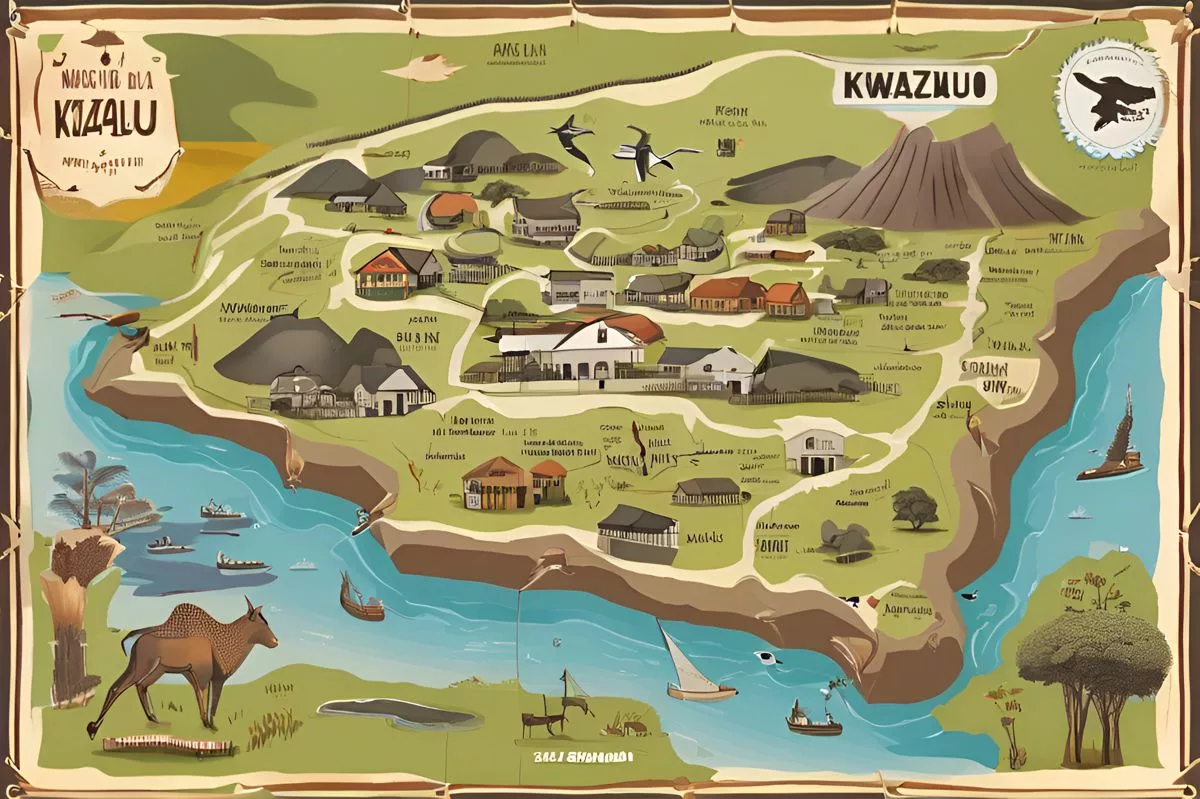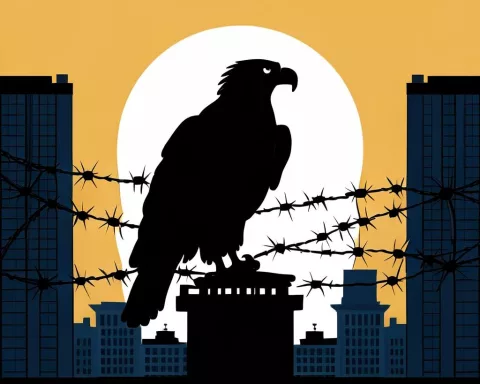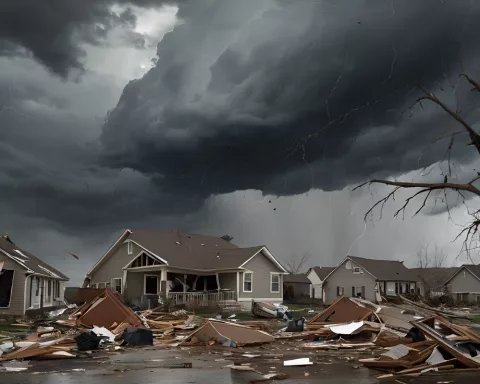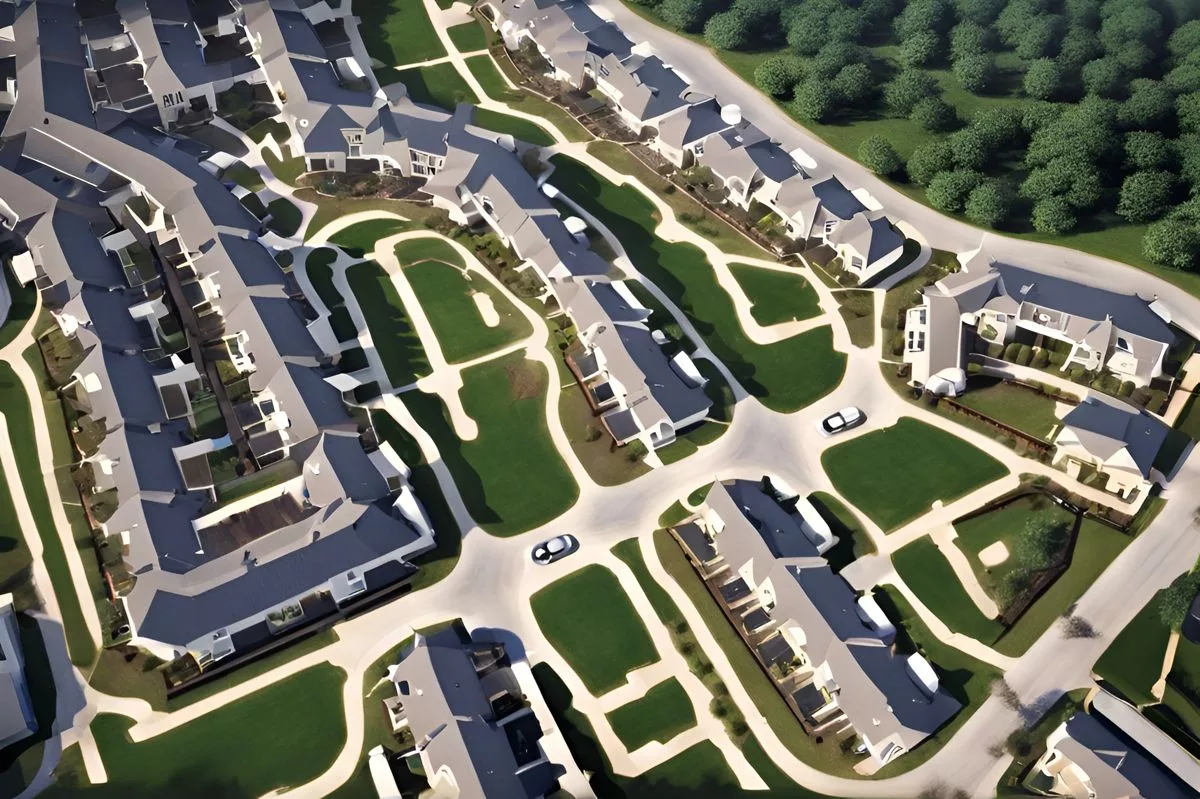Nomusa Dube-Ncube’s 2024 State of the Province Address highlighted the progress made in KwaZulu-Natal under her leadership, including expanded access to electricity and water. She emphasized the ANC government’s commitment to a non-racial and non-sexist province, and pointed to examples of youth success stories. Dube-Ncube also acknowledged the province’s tumultuous past and the ANC’s role in establishing enduring peace. She has a clear vision for the province’s future and its continued growth, stability, and prosperity.
Nomusa Dube-Ncube’s 2024 State of the Province Address showcased the progress made in KwaZulu-Natal under her leadership, including expanded access to electricity and water since 1996. She emphasized the ANC government’s commitment to a non-racial and non-sexist province, and pointed to examples of youth success stories. Dube-Ncube also acknowledged the province’s tumultuous past and the ANC’s role in establishing enduring peace. She has a clear vision for the province’s future and its continued growth, stability, and prosperity.
Section One: The Reverberations of Change
The illustrious 2024 State of the Province Address of KwaZulu-Natal bore witness to Premier Nomusa Dube-Ncube’s compelling words that resonated with the hopes of millions. Adorned in the esteemed attire of her position, she conveyed her message to a diverse audience. Figures of prominence included His Majesty, Hlanga Lomhlabathi, the Speaker of KwaZulu-Natal Legislature, Mayor of eThekwini Metro, Director-General of KwaZulu-Natal Province, as well as delegates from various faith-based organizations and media houses.
As the inaugural female Premier of KwaZulu-Natal, Dube-Ncube stood proudly on the stage, epitomizing the beacon of hope for women and youth envisioning a brighter future. She jubilantly marked the expanded access to electricity and water since 1996, showcasing the province’s development under her leadership.
The tenure of Dube-Ncube reflected the transformative voyage of the province, a voyage influenced by a commitment to principles such as liberty, unity, tranquility, and prosperity. She emphasized the African National Congress (ANC) government’s dedication to a non-racial and non-sexist province, affirming that it wasn’t just political grandstanding, but a tangible reality.
Section Two: Celebrating Success, Remembering the Past
In her address, the Premier pointed out extraordinary examples of victory, such as Sanele Mkhize, a young man who revamped his existence through a government program and presently serves as a pilot for Qatar Airways. She also lauded Lethabo Vacu and Tony Tsonope, a duo trained by Fuze Institute, who now serve as pilots for FlySafair. These stories symbolize the ANC’s commitment to the youth and affirm that the sky is indeed the limit for those who dare to dream.
Dube-Ncube’s predecessors were also advocates of these principles. She paid tribute to the legacies of the late Dr. Frank Mdlalose, Dr. Ben Ngubane, and Dr. Lionel Mtshali, who served the province in the decade following 1994. Subsequent Premiers, such as Ambassador Sibusiso Ndebele and Dr. Zweli Mkhize, also swore their devotion to the principles embedded in the constitution, zealously serving the province’s populace.
The Premier’s discourse drew a connection between her predecessors’ struggles and accomplishments and her vision for the future. She acknowledged the immense responsibility of her position, recognizing the path paved by great leaders like Nelson Mandela, Dorothy Nyembe, Ruth First, and Winnie Madikizela-Mandela, among others.
Section Three: Learning from the Past, Shaping the Future
While Dube-Ncube celebrated the province’s progress, she did not ignore the somber shades of its history. She recalled the political intolerance and instability that plagued KwaZulu-Natal prior to 1994. The senseless bloodshed and loss of over 20,000 lives in political conflicts during the 1980s serve as a bleak reminder of a tumultuous era.
The ANC government played a pivotal role in establishing enduring peace in the province. The Premier, acknowledging the dreadful past, underscored the importance of the forthcoming elections that will unfold in a climate of political tolerance and stability, a stark contrast to the explosive political environment of yesteryears.
Her narrative underscored the ‘Four-by-Four’ arrangement during the first decade of freedom. The ANC held three, later four portfolios in the Provincial Executive Council, showcasing their commitment and service delivery that remained unbiased on all fronts.
Section Four: Looking Ahead
Premier Dube-Ncube has a clear vision for the province, a journey that commenced in 1994 and continues to shape KwaZulu-Natal’s destiny. As she guides from the forefront, the province anticipates the next 30 years of growth, stability, and prosperity. The echoes of her address not only filled the legislative building but reverberated throughout the province, attesting to her leadership and the hopes and aspirations of the people she serves.
1. What progress has been made in KwaZulu-Natal under Nomusa Dube-Ncube’s leadership?
Dube-Ncube’s leadership has led to expanded access to electricity and water since 1996, showcasing the province’s development under her leadership.
2. What is the ANC government’s commitment to KwaZulu-Natal?
The ANC government is committed to a non-racial and non-sexist province, affirming that it isn’t just political grandstanding but a tangible reality.
3. Can you give examples of youth success stories in KwaZulu-Natal?
Yes, examples include Sanele Mkhize, a young man who revamped his existence through a government program and now serves as a pilot for Qatar Airways, and Lethabo Vacu and Tony Tsonope, a duo trained by Fuze Institute, who now serve as pilots for FlySafair.
4. What is the role of the ANC government in establishing enduring peace in KwaZulu-Natal?
The ANC government played a pivotal role in establishing enduring peace in the province, after the political intolerance and instability that plagued KwaZulu-Natal prior to 1994.
5. Who are some of the leaders that Dube-Ncube acknowledges and pays tribute to in her address?
Dube-Ncube pays tribute to the legacies of the late Dr. Frank Mdlalose, Dr. Ben Ngubane, and Dr. Lionel Mtshali, who served the province in the decade following 1994, and great leaders like Nelson Mandela, Dorothy Nyembe, Ruth First, and Winnie Madikizela-Mandela, among others.
6. What is Dube-Ncube’s vision for KwaZulu-Natal’s future?
Dube-Ncube has a clear vision for the province, a journey that commenced in 1994 and continues to shape KwaZulu-Natal’s destiny. As she guides from the forefront, the province anticipates the next 30 years of growth, stability, and prosperity.












